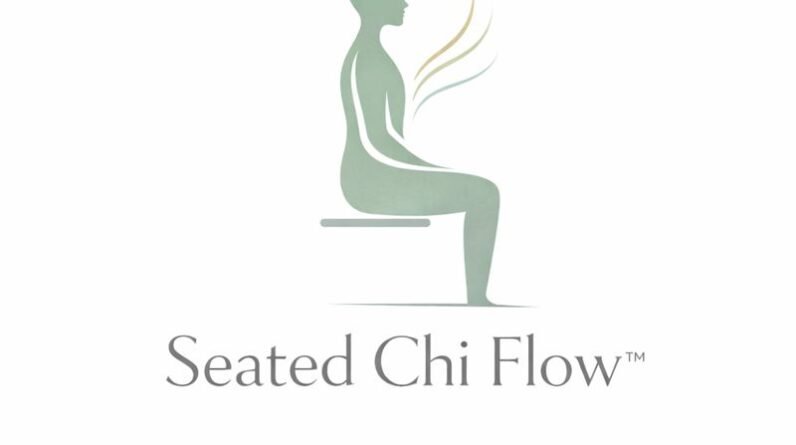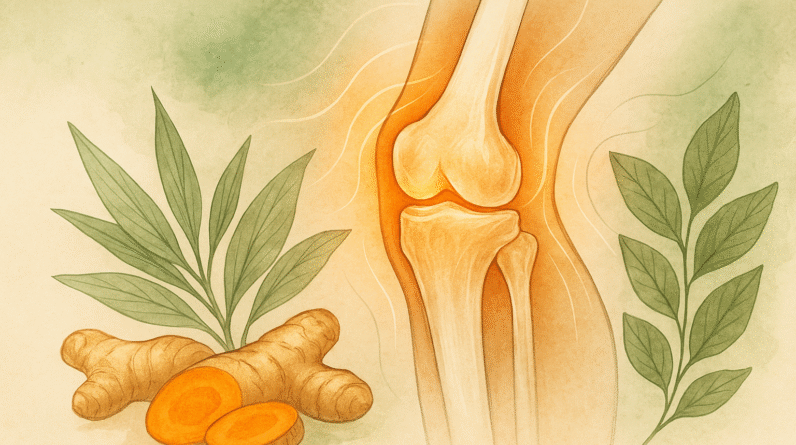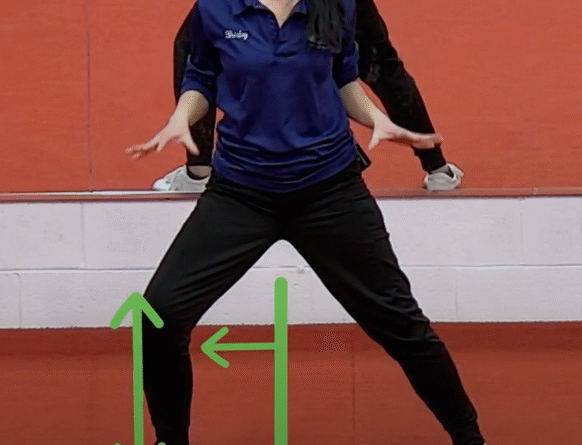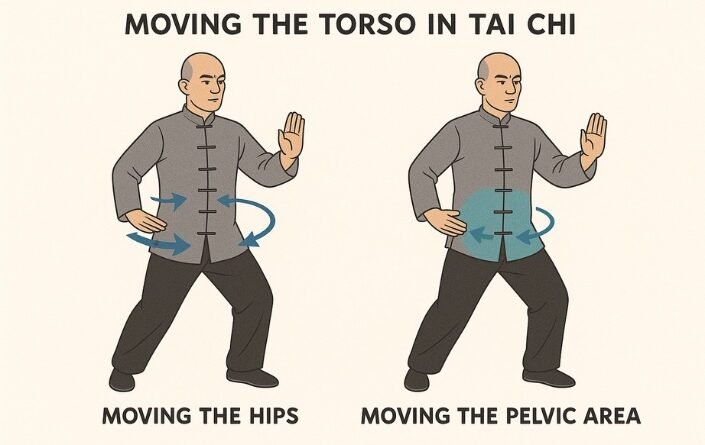
Can Tai Chi (taijiquan) be used for self defense? Actually, Tai Chi is a martial art, and with proper training it can be quite effective for self defense. That being said, the vast majority of people studying Tai Chi today are doing so primarily for its health benefits. Most of my students report that they are mainly interested in improving balance and handling stress.
In the accompanying video below, Sifu Chris Workman of Shaolin Arts discusses the difference between “Park Tai Chi” and “Combat Tai Chi” (“park” referring to the generalized idea of Tai Chi being practiced in a park without the martial components). He comments that “Park Tai Chi” is fine for health benefits, but it is not effective for self defense. Tai Chi is often described as “iron wrapped in silk,” but people have lost the iron part. He demonstrates how to respond to attacks with softness and yet with solid structure as well. Proper structure includes hips underneath, shoulders down, and head up (which, by the way, are characteristics that should be emphasized in Park Tai Chi as well). Along with proper structure, the Tai Chi practitioner will need to be able to follow up with appropriate counterstrikes to the opponent. If you allow an opponent to continually strike at you, the opponent is eventually going to get in. Workman emphasizes that “old” Tai Chi includes grappling and fighting. And of course to be able to use these types of skills, one must practice them.
In another video, Sifu Workman demonstrates applications of the “Crane Spreads Its Wings” move, including a couple throws to put the attacker on the ground. He also talks about “connecting” energy as opposed to “throw-away” energy.
Tai Chi is an immensely rich art, with benefits on so many different levels. If you are interested in the martial side of Tai Chi, by all means take the time to learn how it can be used for effective self defense.






